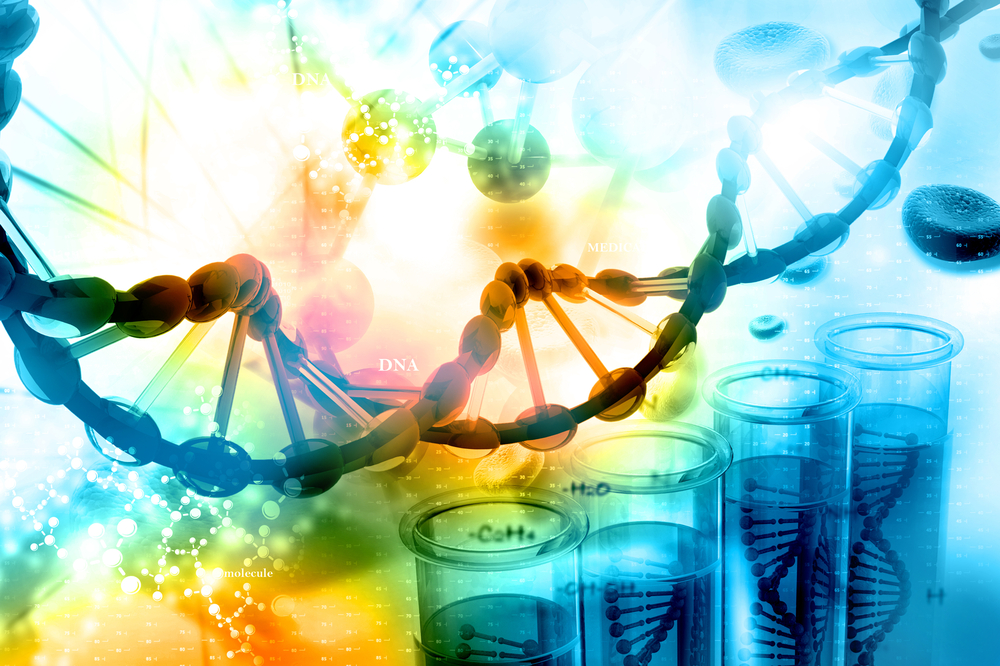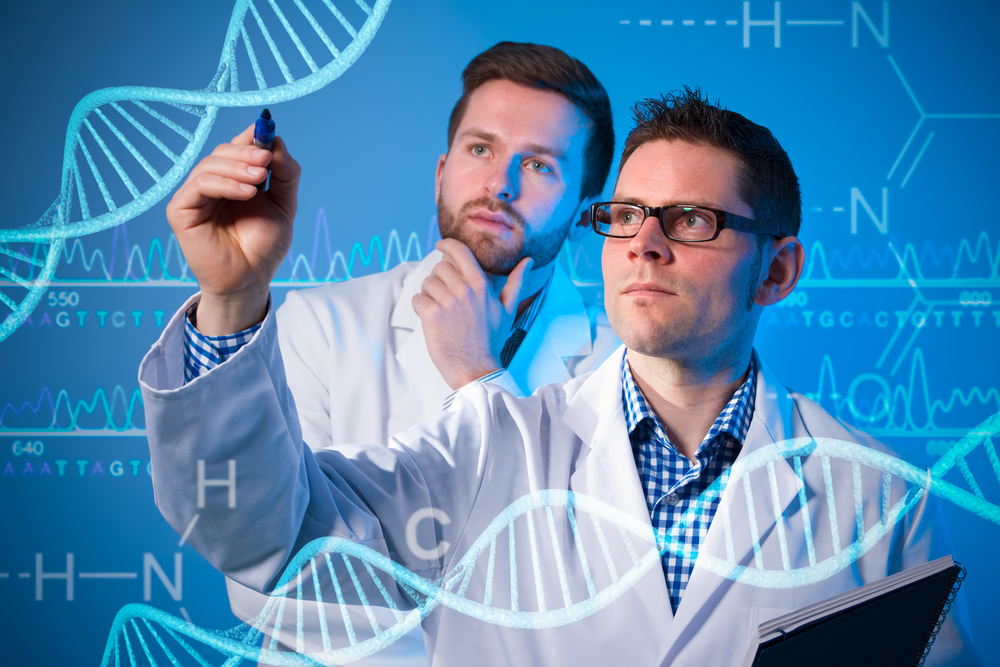Matchmaking and Dating Search
Dor Yeshorim: How One Father’s Tragedy Transformed Genetic Testing in the Jewish World
The powerful story behind Dor Yeshorim and why genetic screening is essential for Ashkenazi and Sephardi communities alike
- Hidabroot
- |Updated

The story of Dor Yeshorim — the organization that conducts genetic testing for young men and women before marriage, begins with the unimaginable personal tragedy of Rabbi Yosef Ekstein of New York.
The Ekstein’s first child, born in 1965, developed normally until the age of six months. Then he began losing muscle tone, suffering seizures, and struggling to swallow. Later, he went blind. At age two, he was diagnosed with Tay–Sachs disease and passed away at four years old.
Rabbi and Mrs. Ekstein had eight more children. Heartbreakingly, three of them also suffered from Tay–Sachs and died before reaching their fourth birthday.
Transforming Grief into a Mission
After burying his fourth child, Rabbi Ekstein somehow found the strength — despite his overwhelming grief, to think clearly about the tragedies that had struck him.
“I thought that maybe there is a purpose in what I went through,” he later said.
He learned that scientists had developed methods to test whether individuals carry genes for severe hereditary diseases like Tay–Sachs. Although it was too late to help him and his wife, Rabbi Ekstein envisioned an idea that could save the wider Jewish community: To create a system that tests for recessive genetic diseases among singles before marriage.
Recessive diseases require both parents to be carriers of the same defective gene, creating a 25% risk that each child will inherit the disease. Tay–Sachs is one such illness, as are other severe genetic disorders more common among Jews, including familial dysautonomia and cystic fibrosis.

Founding Dor Yeshorim: Protecting Privacy and Preventing Heartbreak
After consulting leading Torah scholars, Rabbi Ekstein founded Dor Yeshorim in 1983. From the beginning, the organization committed to absolute confidentiality.
Each person tested receives an anonymous ID number.
When two families consider a potential match, they check the numbers.
Only if both are carriers of the same disease will they receive the response: “The match is not advisable.”
This preserves privacy and prevents unnecessary fear or stigmas around families who carry genetic conditions.
A Success Story Beyond Debate
The impact of Dor Yeshorim has been extraordinary. Among Jews in the United States and Canada, annual Tay–Sachs cases decreased from about 40 per year to only 3.
Among those tested through Dor Yeshorim, there have been zero Tay–Sachs births.
The success led to Dor Yeshorim expanding worldwide, including Israel, where yeshivas and seminaries host testing days for their students. To date, Dor Yeshorim has prevented more than 2,000 potential tragedies, sparing countless families from unimaginable heartbreak.
A Widespread Misconception
For years, many assumed Dor Yeshorim was relevant only for Ashkenazi Jews. This mistaken belief likely came from Tay–Sachs originally being almost exclusively an Ashkenazi disease.
However, many genetic diseases tested today affect Sephardic and Mizrahi communities as well.
For example:
At camps for children with cystic fibrosis, one finds almost no Ashkenazi children—because nearly all Ashkenazi families test through Dor Yeshorim.
The majority of affected children today are from Sephardi/Mizrahi families whose parents often did not realize that genetic testing was necessary.
Intermarriage between ethnic groups does not eliminate the need for testing. A widely circulated story recently shared on a religious forum told of a young couple — an Ashkenazi girl and a Yemenite boy, already preparing to get engaged. The mother insisted on Dor Yeshorim testing. The results found that both were carriers of cystic fibrosis. The engagement needed to be broken, sparing them future tragedy.
Why Early Testing Matters
Carrier couples can have healthy children through preimplantation genetic diagnosis (PGD) as part of IVF. However, these processes are complex, emotionally draining, and extremely expensive.
Dor Yeshorim’s early screening prevents young couples from entering marriages that would require such difficult decisions later.
Genetic Research Differences
Dor Yeshorim was long viewed as “for Ashkenazim only” is also due to historical research patterns:
Ashkenazi Jews, whether from Romania, Poland, or Germany, share strong genetic similarities, making it easier to identify disease-related mutations early.
Mizrahi Jews, by contrast, come from a much more genetically diverse background, making key mutations harder to identify until more recent years.
Once those genetic markers were discovered, Dor Yeshorim added the relevant tests for Mizrahi communities as well.

Rabbinic Support for Testing Among Sephardi/Mizrahi Jews
A lack of awareness among Sephardi/Mizrahi communities led Rishon LeTzion Rabbi Yitzhak Yosef and other rabbis to issue a public letter last week urging young people to undergo Dor Yeshorim testing:
Rabbi Yosef wrote, “many cases have come before us of Sephardi families who, unfortunately, also encountered severe genetic diseases… The organization has invested great effort to bring all recommended tests to the Sephardi public as well, in order to prevent suffering.”
Rabbi Ekstein’s Message: Testing Is Not a Lack of Faith
Rabbi Ekstein wholeheartedly welcomes this support and hopes it will encourage young Jews from all backgrounds to be tested before becoming engaged.
“It’s impossible to overstate the value of this,” he says, “and the terrible damage that can result from avoiding testing.”
He does not consider skipping testing to be an expression of emunah (faith): “It’s like crossing Fifth Avenue in New York with your eyes closed. That’s not faith — that’s foolishness.”
As a man who buried four children before genetic testing existed,
Rabbi Ekstein understands better than anyone what is at stake.

